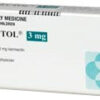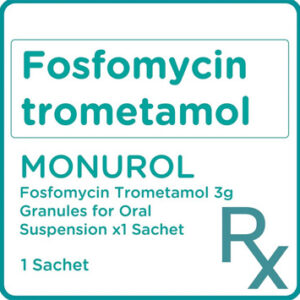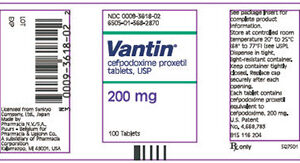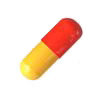Overview
Stromectol, known generically as Ivermectin, is a widely used antiparasitic drug. It targets a range of parasites including roundworms, threadworms, mites, lice, and scabies, belonging to the avermectin medication class. Its primary action is to paralyze and eradicate parasites. Stromectol is specifically prescribed for treating parasitic infections such as strongyloidiasis and onchocerciasis.
Dosage for Strongyloidiasis
- Recommended Dosage: A single oral dose aiming for about 200 mcg of ivermectin per kg of body weight.
- Administration: Take the tablets on an empty stomach with water.
- Follow-up: Usually, no additional doses are necessary. Follow-up stool exams are advised to confirm infection eradication.
Stromectol Dosage for Strongyloidiasis:
| Body Weight (kg) | Single Oral Dose (Number of 3-mg Tablets) |
|---|---|
| 15-24 | 1 tablet |
| 25-35 | 2 tablets |
| 36-50 | 3 tablets |
| 51-65 | 4 tablets |
| 66-79 | 5 tablets |
| ≥80 | 200 mcg/kg |
Dosage for Onchocerciasis
- Recommended Dosage: A single oral dose intended to provide about 150 mcg of ivermectin per kg of body weight.
- Administration: Take on an empty stomach with water.
- Retreatment Interval: For individual patients, consider retreatment at intervals as short as 3 months.
Stromectol Dosage for Onchocerciasis:
| Body Weight (kg) | Single Oral Dose (Number of 3-mg Tablets) |
|---|---|
| 15-25 | 1 tablet |
| 26-44 | 2 tablets |
| 45-64 | 3 tablets |
| 65-84 | 4 tablets |
| ≥85 | 150 mcg/kg |
Remember, these dosages are general guidelines, and it’s important to follow the specific instructions given by your healthcare provider.
Precautions:
- Allergies: Avoid if allergic to Ivermectin or its components.
- Liver Disease: Not recommended for those with liver issues.
- Pregnancy/Breastfeeding: Consult a doctor for advice.
- Medical Conditions: Inform your doctor about any conditions, especially HIV/AIDS.
Side Effects: Common side effects include nausea, vomiting, diarrhea, dizziness, and rash. Seek medical help for severe or persistent symptoms or for allergic reactions.
Drug Interactions
- Inform your doctor of all medications, including herbal products.
- Be cautious with drugs affecting P-glycoprotein, like HIV protease inhibitors, certain antifungals, and antibiotics.
Take the Next Step
Consult a healthcare professional for tailored advice and follow their prescriptions closely. If you suspect an overdose, seek emergency assistance. Choose Stromectol for safe and effective parasite treatment, but stay informed and cautious.






Reviews
There are no reviews yet.